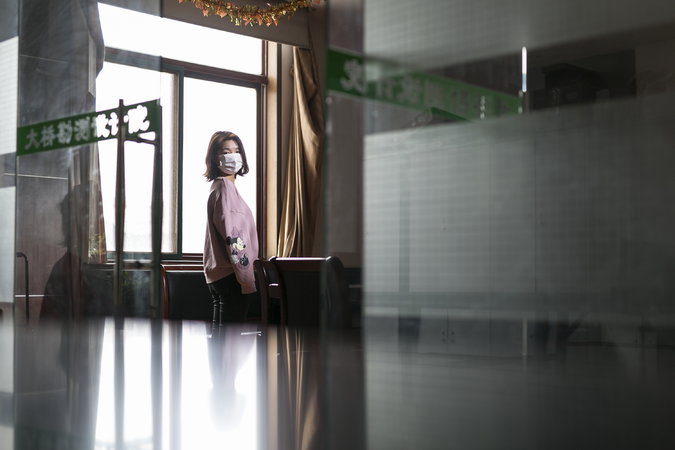A Chinese deflation of global real estate?
A summary of the top news in Chinese business and technology for June 23, 2017. Part of the daily The China Project newsletter, a convenient package of China’s business, political, and cultural news delivered to your inbox for free. Subscribe here.

Real estate woes in China and beyond:
A signal to Sydney, Vancouver, Auckland, L.A., and New York?
Bloomberg reports that a huge commercial and residential real estate development in the Malaysian state of Johor, which borders Singapore, has “hit a roadblock.” The development was supposed to be funded by Chinese developers and retail buyers, all of whom now have difficulties getting money out of China after the government began throttling capital outflows earlier this year.
Bloomberg says that the limits threaten “to take the wind out of residential property sales in cities around the world where prices have been driven in the past few years by buyers from China.”
Domestic property developers can’t get loans.
Within China, real estate developers are facing a different set of problems. Caixin says that “debt is the lifeblood of Chinese real estate developers,” as for the business to work, they need to borrow a lot of money to buy land and materials and pay workers long before anyone pays them for an apartment or office building. But developers now “find themselves squeezed by government curbs on bank lending that aim to deflate the housing bubble, as well as a regulatory campaign to force the financial sector to deleverage and improve risk controls.”
- Chinese big five tech companies gain on U.S. counterparts / Bloomberg
The top five Chinese tech companies by market capitalization — Alibaba, Tencent, JD, Baidu, and Netease — are at a 30-month high and currently have a combined value “equal to 30 percent of their U.S. peers” — Alphabet (i.e. Google), Amazon, Apple, Facebook, and Microsoft. Baidu is the only stock of the Chinese five that is not trading at an all time high. - The Amazon of China invested $400 million into one of the most valuable fashion startups / Recode
“JD.com, Alibaba’s largest rival in the Chinese e-commerce market, has invested nearly $400 million into Farfetch, a fast-growing online marketplace for luxury fashion boutiques.”






